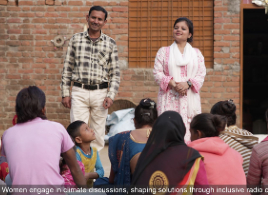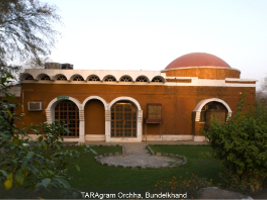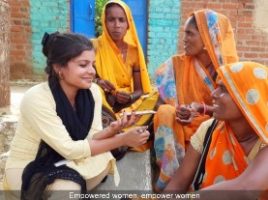COP29: Another ‘Defining Moment’ for Climate Action

COPs (Conferences of the Parties) come and go. Each year, governments, businesses and civil society organisations gather together in large numbers and at considerable expense and emission to halt the lemming-like march of humanity towards the climatic cliff just ahead of us.
The ambitious goals we set each year often dissolve into oceanic depths of short-sighted, self-centered platitudes about the need to protect the planet by the end of each two-week conference.
By most serious scientific accounts, the cliff’s edge is near and the speed at which we are approaching it is suicidal. It requires SERIOUS commitment from all sectors of society – governments, businesses and civil society. As governments and businesses most strongly feel the pinch, financially and politically, it becomes the job of civil society to keep the flames of necessity burning at the highest and brightest level possible.
The Baku Conference can expect a multitude of civil society expressing their own commitments to science-based mitigation and adaptation to climate change. In addition, they will be there anxiously and creatively demanding action, with financial and institutional mechanisms to support it, from the two sectors that have the mandate and means to make meaningful changes required to reduce carbon emissions to the levels they agreed to at Paris.
In doing so, they must emphasise not only the processes needed, including enhanced Nationally Determined Contributions (NDCs) with clear plans for a rapid, just transition to renewable energy, low carbon building materials and agricultural practices and green, inclusive livelihoods. Needless to say, these must be accompanied by firm and robust commitments for appropriate financial and policy reform.
To ensure that the promises made by the two primary sectors are not just words, it is for civil society to closely scrutinise the commitments, plans, accountability mechanisms and concrete frameworks for ensuring that countries and sectors stay on track.
The big ticket items that have come to the surface and been legitimised for discussion at recent COPs, such as Loss and Damage compensation, the interests of frontline communities such as indigenous and marginalised groups, people in fragile ecosystems and other especially vulnerable livelihoods, small islands and arid and mountainous regions must now be taken forward beyond ‘discussion’ to firm commitments. This movement can only be achieved by the dogged insistence of civil society participants.
Needless to say, COP29 is the milestone event for the global commitment to nature-based solutions, which can provide the double whammy of resolving the twin crises of climate and biodiversity loss. Given the win-win opportunities that such approaches offer, it makes no sense for any economic actor not to espouse these approaches wholeheartedly.
Baku, the capital of a fossil fuel-rich country, is the ideal location for making these breakthrough pledges.
The views expressed in the article are those of the authors and not necessarily those of Development Alternatives.
This blog first appeared as an editorial in Development Alternatives Newsletter November 2024 https://devalt.org/newsletter/55






Leave a Reply